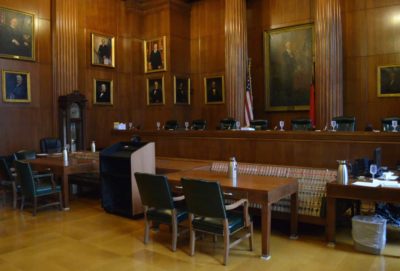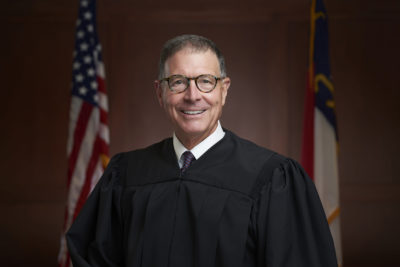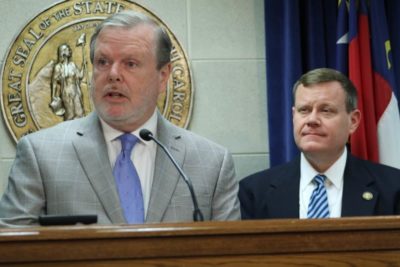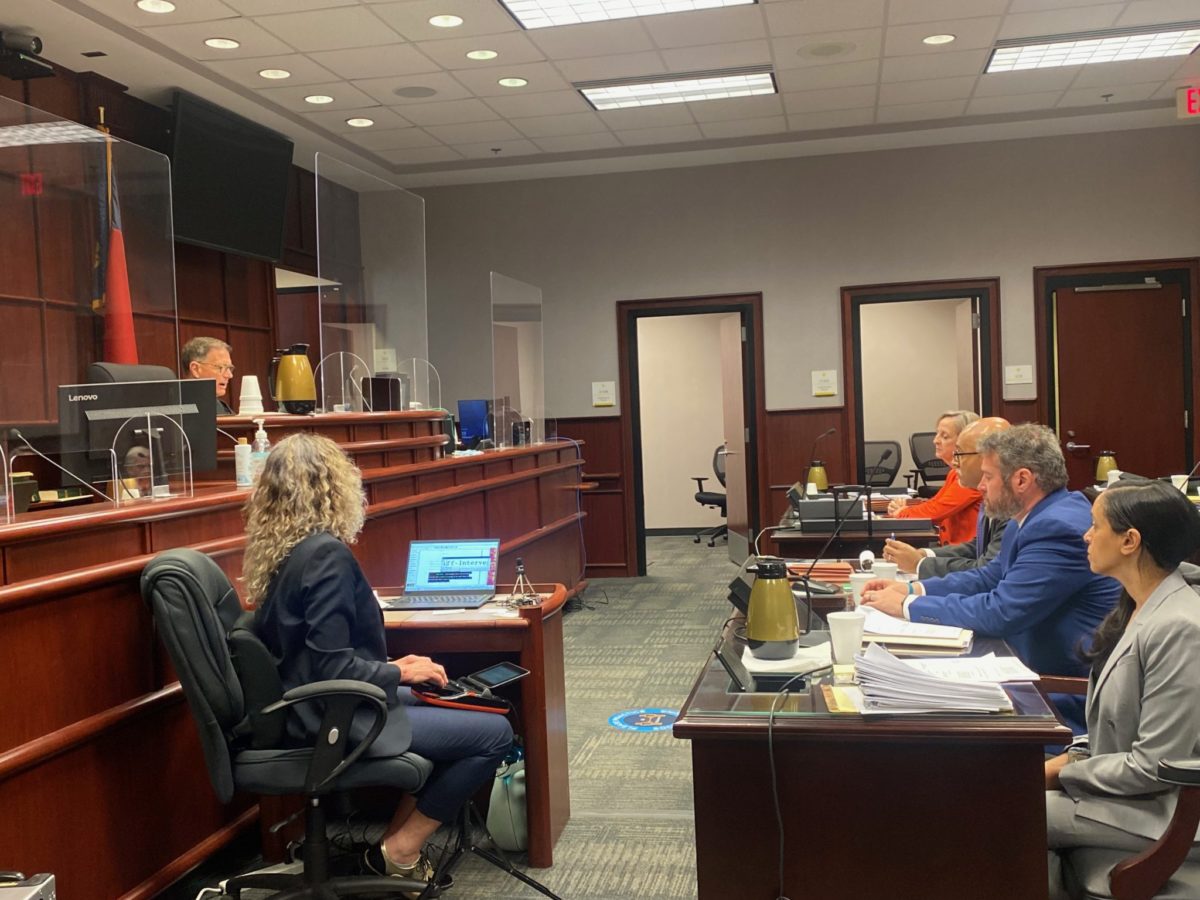

Wednesday’s hearing in the Leandro case with Superior Court Judge Michael Robinson seemed to hinge on arguments of what exactly it is the North Carolina Supreme Court wants Robinson to do.
The Supreme Court has agreed to hear the Leandro case, but not before sending it back to Superior Court “for no more than thirty days.” At about the same time the Supreme Court decided this in March, its Chief Justice, Republican Paul Newby, reassigned the case from Judge David Lee to Robinson.
The Supreme Court is asking Robinson to see if the passage of the state budget should impact the decision by Lee to force the state to hand over $1.7 billion as part of a comprehensive plan to ensure the state fulfills its constitutional obligation when it comes to education.
That comprehensive plan, agreed upon by both the plaintiffs and the original defendants in the case, aims to ensure the state is living up to its constitutional duty to provide a sound basic education to all students. That “sound basic education” is a right the Supreme Court has said is owed to the state’s students and that the state isn’t providing.
Attorneys for the plaintiffs in the case, as well as the defendants — the state and State Board of Education as represented by the state Attorney General’s office — both say that the Supreme Court is sending the case back for narrow purposes: so the judge can either say how much money remains to be funded in the comprehensive plan after the passage of the state budget, or simply to say that the budget doesn’t fully fund the plan as required by Lee’s order.
“It almost doesn’t matter what money has been spent,” said Amar Majmundar, attorney for the state from the Attorney General’s office. “What’s more important is only what money has not been spent.”
Matthew Tilley, representing North Carolina House Speaker Tim Moore, R-Cleveland, and Senate President Pro Tem Phil Berger, R-Rockingham, argued against those premises.
“They (the Supreme Court) wanted something more than simply asking what’s funded and what’s not,” he said.
Rather, he argued that the passage of the budget by the Republican-led General Assembly, and its signing by Democratic Gov. Roy Cooper, amounts to an agreement by the executive and legislative branches as to the proper way to spend the state’s money.
He said that the comprehensive plan ordered by Lee is not the only way to ensure a sound basic education for all students, and that the budget was a negotiation on how to fund education when taking into account the other competing interests that state leaders have to consider. He said that the passage of the budget essentially negates Lee’s order.
At one point, Robinson asked Tilley what other parts of the budget were constitutionally mandated. Tilley named a few before Robinson asked if the state’s savings reserves were constitutionally mandated.
Tilley said no.
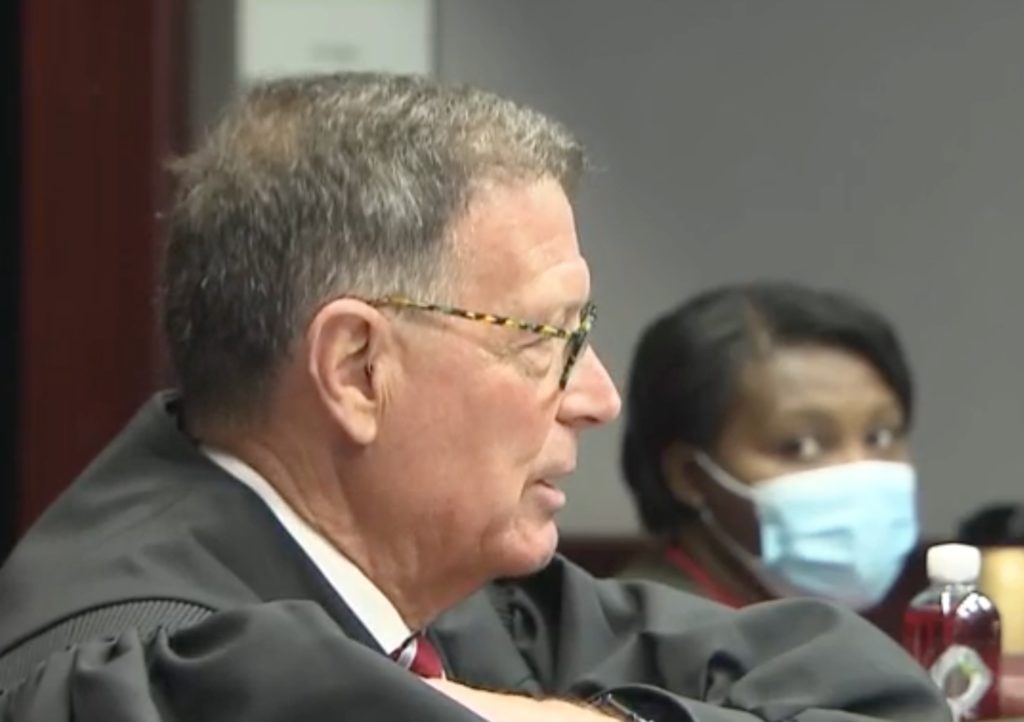

Those savings reserves were also a big part of the proceedings. Attorneys for the plaintiffs and the state argued that there is plenty of money — even after passage of the budget — to fund the comprehensive plan, but attorneys for the legislature say that’s not so. While billions remain after year one of the biennial budget, there is only a little more than $100 million left after year two: not enough to fund the comprehensive plan.
Attorneys for the plaintiffs and the state say this is only because the General Assembly has put billions into the state’s savings reserve, and that lawmakers can certainly tap into that to pay for the Leandro plan.
Tilley, however, argued that deciding how much money the state needs to save for emergencies is up to legislative leaders. He said that the appropriation to the reserve should be considered the same way any other appropriation would be — as money spent or set to be spent.
Tilley also argued that the passage of the budget complicates matters, because enforcing Lee’s order would no longer mean just funding the Leandro plan, it could also mean overriding the budget.
“That is a more extreme measure,” Tilley said.
Another question raised at the hearing was the inclusion of legislators in the Leandro process. When asked whether legislators were included in discussions related to the formation of the comprehensive plan or the report which led to it, Melanie Dubis, representing the plaintiffs, kept pointing to consultations between the plaintiffs and the Attorney General’s office in its representation of the state.
However, Moore and Berger intervened in the case separately because their position is different than that of the state.
Dubis did say that the legislature at one point invited Lee to come speak, but he declined because it ran counter to the code of judicial conduct.
Tilley said that the legislature wasn’t consulted in any real way when the comprehensive plan or the report which led to it were developed. He said legislative leaders were aware of Lee’s initial order that the comprehensive plan should be implemented, but it was only when he ordered the state to actually spend money that there were able to intervene.
That is because a law passed in 2017 allows legislators to intervene in a case when the “validity or constitutionality of an act of the General Assembly or a provision of the North Carolina Constitution is challenged,” which Tilley argued Lee’s order did.
Dubis, arguing for the plaintiffs, said in her closing statements that the General Assembly has sat by doing nothing while Leandro continued in the courts. She said lawmakers could have come up with an alternative plan to ensure the students of North Carolina get a sound basic education.
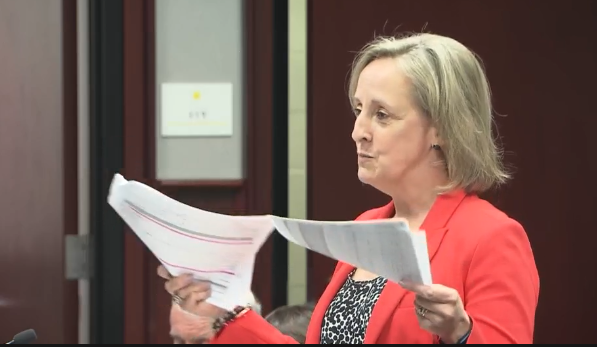

“They did nothing, and in the absence of any other alternative, the court ordered the implementation of the comprehensive remedial plan,” she said, adding later: “It’s what, after 28 years, the court has determined is necessary.”
She went on to reiterate that the scope of Robinson’s duty had nothing to do with the overall validity of the comprehensive plan.
During the hearing, Robert Hunter, attorney for State Controller Linda Combs argued that she shouldn’t be part of the case anymore.
Lee’s order had directed the state budget director, controller, and treasurer to transfer the $1.7 billion.
Combs was the one who initially took umbrage to Lee’s order and brought the case to the Court of Appeals, which rejected Lee’s attempt to order Combs to help transfer the money.
Hunter argued that since the Court of Appeals had already ruled that Lee couldn’t order Combs to participate, she should be free from the case.
At the end of the hearing, Robinson said his deadline to respond to the Supreme Court is April 20.
“The court intends to meet that deadline,” he said.
The Leandro case started in 1994 when families from five low-wealth counties sued the state, saying it was not meeting its obligation to educate all students equally. The state Supreme Court ultimately said that North Carolina’s children have a fundamental right to the “opportunity to receive a sound basic education” and that the state had not lived up to that constitutional requirement.
The Court of Appeals blocked in late 2021 the transfer of the $1.7 billion ordered by Lee. A three-judge panel ruled 2-1 that while Lee might be right to say the funds are needed, he couldn’t order the funds appropriated.
You can see all the filings leading up to this hearing here.


